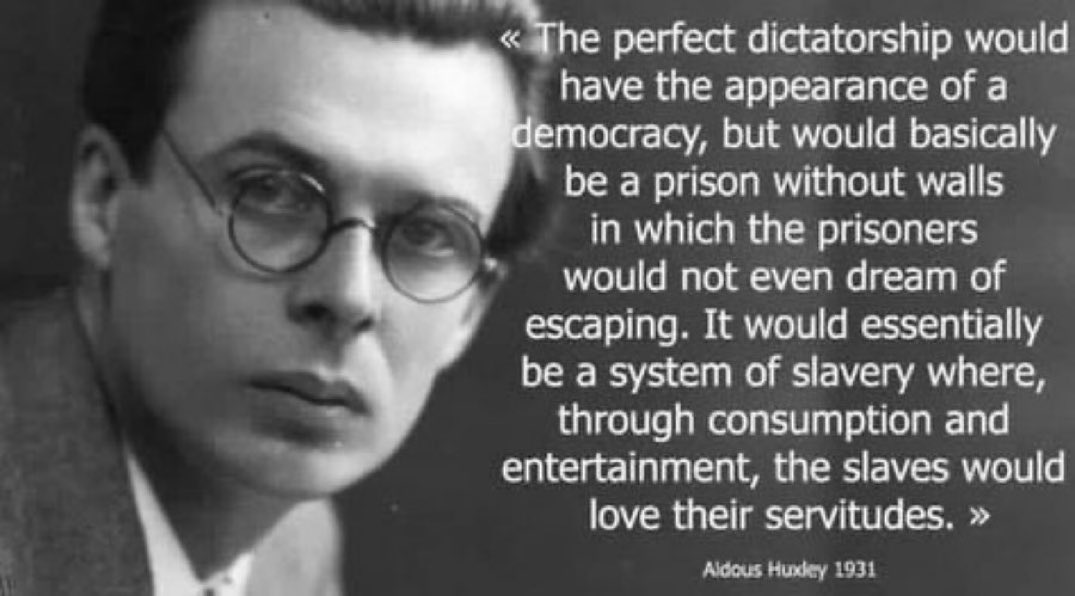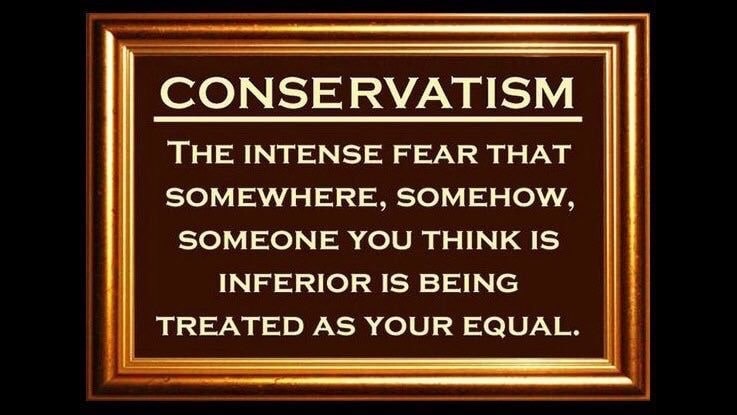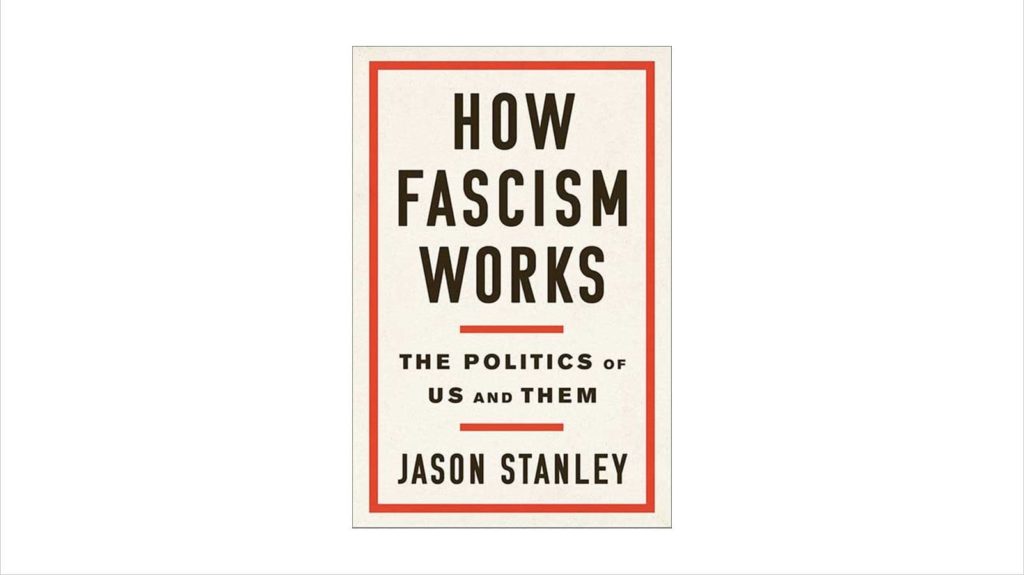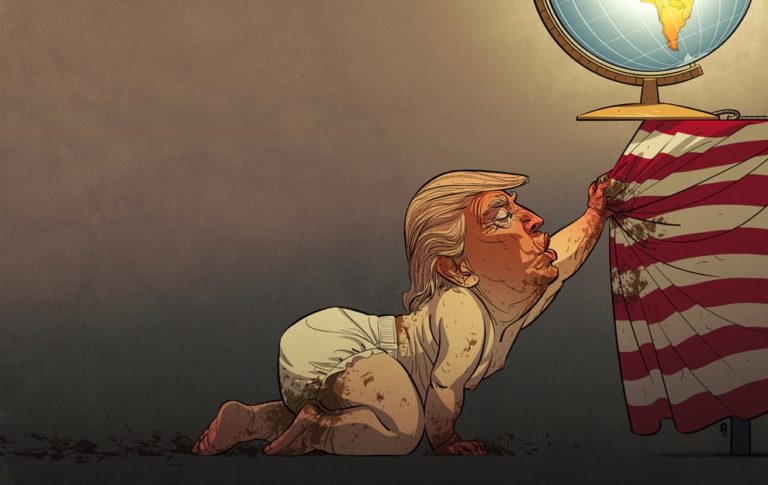Huxley vs Orwell vs Katy Perry.
“Chained to the Rhythm” is a song about the sedative powers of pop and the collapse of American society.

Aldous Huxley and his former student George Orwell wrote arguably the two most popular novels portending the West’s dystopian future. For decades, thinkers have opined on which of the two starkly distinct totalitarian nightmares–that of Huxley’s Brave New World or Orwell’s 1984–was more likely to come to pass (or, as some contend, had come to pass). – Jon Miltimore
| Foreword from Amusing Ourselves to Death |
|---|
| by Neil Postman |
We were keeping our eye on 1984. When the year came and the prophecy didn’t, thoughtful Americans sang softly in praise of themselves. The roots of liberal democracy had held. Wherever else the terror had happened, we, at least, had not been visited by Orwellian nightmares.
But we had forgotten that alongside Orwell’s dark vision, there was another – slightly older, slightly less well known, equally chilling: Aldous Huxley’s Brave New World. Contrary to common belief even among the educated, Huxley and Orwell did not prophesy the same thing. Orwell warns that we will be overcome by an externally imposed oppression. But in Huxley’s vision, no Big Brother is required to deprive people of their autonomy, maturity and history. As he saw it, people will come to love their oppression, to adore the technologies that undo their capacities to think.
What Orwell feared were those who would ban books. What Huxley feared was that there would be no reason to ban a book, for there would be no one who wanted to read one. Orwell feared those who would deprive us of information. Huxley feared those who would give us so much that we would be reduced to passivity and egoism. Orwell feared that the truth would be concealed from us. Huxley feared the truth would be drowned in a sea of irrelevance. Orwell feared we would become a captive culture. Huxley feared we would become a trivial culture, preoccupied with some equivalent of the feelies, the orgy porgy, and the centrifugal bumblepuppy. As Huxley remarked in Brave New World Revisited, the civil libertarians and rationalists who are ever on the alert to oppose tyranny “failed to take into account man’s almost infinite appetite for distractions”. In 1984, Huxley added, people are controlled by inflicting pain. In Brave New World, they are controlled by inflicting pleasure. In short, Orwell feared that what we hate will ruin us. Huxley feared that what we love will ruin us.
This book is about the possibility that Huxley, not Orwell, was right.
[Great comic originally posted on RecombinantRecords.net now removed]
Trumps America seems to combine the two dystopian nightmares creating a fascistic society built on fear and division, white supremacy and violence. Read more in New York Times.
Excerpt from original text on VICE April 2017:
Penn Bullock: Katy Perry, the pop star who once shot whipped cream out of her boobs for the “California Gurls” video, is now, according to her Twitter (the most followed in the world), an “Artist. Activist. Conscious.” Skeptical? Good. We should be.
But I came out of my first few listenings to “Chained To The Rhythm” convinced it was one of the most important pop hits of the past decade. I’ve obeyed the chorus’s exhortation to “keep it on repeat.” I’ve watched the video—set in a 30s-style, retro-futurist theme park unsubtly called “Oblivia”—more times than I can count.
“Chained to the Rhythm” is a song about the sedative powers of pop and the collapse of American society. It still gives me goosebumps and even a shock of self-recognition. Dancing or singing along, I’ve been one of the literal “wasted zombies” to which the chorus is addressed, spiraling in the Trump era into loops of alcohol-fueled escapism and dread.
Brandon knows that since 2008, I’ve ranted to anyone who cared to listen that the United States was replaying Weimar Germany and doomed to fascism. I saw the pre-fascist zeitgeist expressed in Lady Gaga, in the Dadaism and German Expressionism of her music videos and image, especially in the totalitarian stylings of “Alejandro.”
Now, the fascist moment has arrived. Our Mussolini-quoting president [Trump] has endorsed the neo-fascist Marine Le Pen for the French presidency, and his chief advisor is a fan of Julius Evola [Steve Bannon], who found Mussolini too mild. And where are Gaga and the rest of the Top-40 hitmakers?
In bed with the overlords, it turns out. Gaga’s countrified 2016 album Joanne fits right in with Trump’s America. Her video for “John Wayne” worships American sadism, and her Pepsi-sponsored Super Bowl halftime show mesmerized with red-and-blue drones swirling in the sky and a rendition of “This Land” that seemed to invite mindless coming-together. It was much better received but almost as insipid as Kendall Jenner’s Pepsi-sponsored trip to the barricades. Or take Lana Del Rey’s newish single, “Love.” It reassures millennials that, though the world has gone mad and their jobs are shit, they at least have (fleeting) youth and love. Its video combines lovely celestial imagery with creepy 50s nostalgia. Pop, in other words, isn’t rising to the occasion. We might yet hear a protest from Rihanna, Lorde, Ariana Grande, and others, but so far we’ve gotten more of the same. If we’re left with Katy Perry as the first herald of the end times, I’ll take it.
“Chained” was co-written by Sia and co-produced by Max Martin, the Swedish grey eminence of contemporary pop. It hooked me from its first seconds with a washed-out backing track that owes something to chillwave. Katy Perry wastes no time getting to her point, opening the first verse asking, simply, “Are we crazy?” She describes Americans “living through a lens” and curating their lives as if they were “ornaments.” Her point is no less true for being crotchety. Americans really do spend too much time looking at reality captured by lenses.
Perry then asks if we are “lonely up there in utopia.” In this utopia, “nothing is ever enough,” Perry says, and the natives are “happily numb”—points that, again, are no less true or in need of saying for being simple. Must she really further substantiate that Americans are insatiable, lonely megalomaniacs? The proof is in the president.
The first verse would be preachy and flat if it didn’t lead immediately to a soaring, fatalistic chorus. Perry goes self-referential, turning the lens on herself—after interrogating America, she invites listeners to put on the “rose-colored glasses,” “turn up” her song, “dance to the distortion,” “keep it on repeat,” and “drink—this one’s on me.” She calls the people dancing to the song in clubs around the world “wasted zombies.” She says this not out of contempt, but as an admitted enabler. And the meta-trick of the chorus wouldn’t work if it wasn’t viciously catchy, but it is. This is a song that critiques the opioid haze of popular culture with the ultimate in opiate-infused choruses. This is great art.
“Are you lonely
Up there in utopia?
Where nothing will ever be enough?
Happily numb
So comfortable we’re living in a bubble-bubble”

To be updated with more results (scary already but also explanative if you follow American politics )
Among liberal and moderate respondents, self-assessed understanding of climate change is positively related to knowledge. Among the most conservative, however, understanding is unrelated or even negatively related to physical-world knowledge.https://t.co/ty2aDftmcu pic.twitter.com/y6kEDNI98e
— Larry Hamilton (@ichiloe) October 29, 2018
How Fascism Works: The Politics of Us and Them

Amusing Ourselves to Death: Huxley vs Orwell vs Katy Perry




38 Comments
Pingback: navigate here
Pingback: best passive income
Pingback: empresa de informática
Pingback: Ufabet
Pingback: 다시보기 사이트 순위
Pingback: สล็อตเว็บนอก
Pingback: site
Pingback: bacon999
Pingback: วิเคราะห์บอลวันนี้
Pingback: ทีเด็ดฟุตบอล
Pingback: รับทําโฆษณา Google
Pingback: https://stealthex.io
Pingback: Herbalife account
Pingback: dtr car detailing
Pingback: Massage
Pingback: Bauc Info
Pingback: watch now
Pingback: ดูบอลสด66
Pingback: ที่มาของ gg9bet
Pingback: Interior Paint in Austin
Pingback: เว็บพนันออนไลน์เงินวอน
Pingback: Lowara distributor water pump
Pingback: aconia
Pingback: THWIN9 เว็บสล็อตใหม่ล่าสุด
Pingback: 205 สล็อต เว็บตรงออนไลน์ ใหม่ล่าสุด
Pingback: jili slot
Pingback: TIGER711 เว็บคาสิโนออนไลน์ผ่านมือถือ
Pingback: ufa168bet
Pingback: แทงหวย
Pingback: empresa apoio informático lisboa
Pingback: pg168
Pingback: ดูแลผู้สูงอายุ
Pingback: ติดเน็ตบ้าน AIS
Pingback: av
Pingback: แทงหวย
Pingback: clothing manufacturer
Pingback: essentials fear of god
Pingback: ufa11k